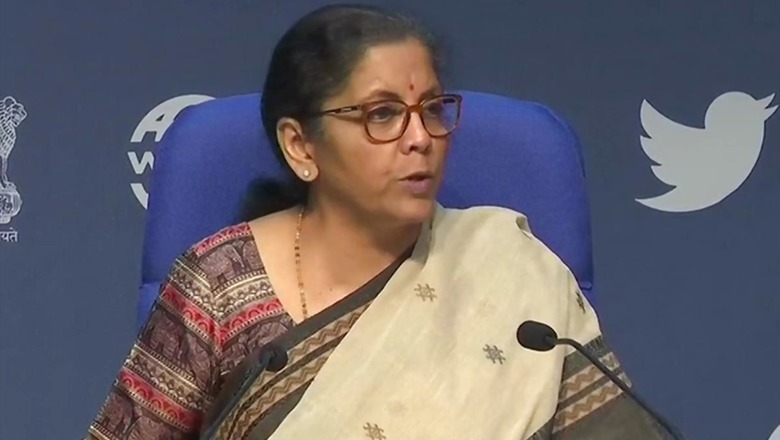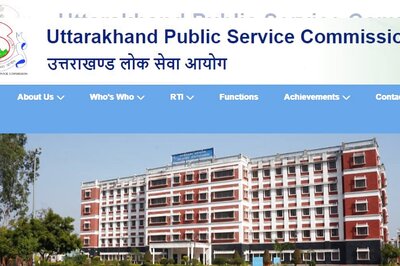
views
Finance Minister Nirmala Sitharaman has already set the expectations high by promising a budget like “never before” (and a paperless Budget) to address the biggest concern being likely contraction in GDP of 7.7 percent [as per advance estimates on the Indian economy by the National Statistical Office (NSO)] as uncertainties around a sustainable rebound of demand continue to weigh on economic activity.
The key likely would be to prioritise spending and take adequate measures to fill up the gaps created by pandemic. With the fortune of many multinational corporations (‘MNCs’) being affected by the pandemic, the expectation of India Inc in the form of government support through corporate tax reforms is widely anticipated.
The government has taken several steps to support and revive the economy such as introducing labour reforms, production-linked incentives, and relief packages particularly for the MSMEs. In line with earlier relief packages, there is a lot of expectation from the upcoming Union Budget 2021 on 1 February.
Also read: Union Budget Documents Won’t be Printed This Year, For The First Time Since 1947, Due to Covid-19
Key expectations of corporate taxpayers include:
– At present, a tax holiday for three years is available to startups that are incorporated on or before 1 April 2021. It is expected that this is extended for start-ups incorporated after 1 April 2021, at least for a few years.
– In the case of TDS/TCS provisions, it is expected that certain provisions are rationalized and that a reduced rate of 1% or 2% should be prescribed for all cases. This will enable the government to gather the necessary information it desires, while reducing litigation on interpretation issues. It will also help address cash flow issues for businesses, which have been aggravated by the pandemic.
– Corporate tax rates were reduced last year to make them globally competitive, the reduced rates being 15 percent for new manufacturing companies and 22 percent for others who forgo certain exemptions/deductions. Corporates expect status quo.
– To promote travel and tourism in India and incentivising companies manufacturing in India, a one-time tax deduction may be provided to the taxpayers for expenditure incurred on travel and stay in India, purchase of electronics, white goods, and vehicles, manufactured in India. This move would help revive these ailing sectors.
Also read: Budget 2021: Expectations of Indian Auto Industry – Tax Reduction to Vehicle Scrappage Policy
– Under the Companies Law, it is mandatory for specified companies to spend 2% of their average profits towards Corporate Social Responsibility (CSR). Tax deduction for these expenses is not available on the rationale that these are connected to social and charitable causes and are not incurred for the purpose of business. Recently, the ministry of corporate affairs has permitted the funds spent on awareness programmes and public outreach campaigns regarding the covid-19 vaccination drive to be classified as CSR activity. It is desired that these provisions denying tax deduction for CSR expenditure are revisited and deduction is allowed.
– The pandemic transformed the way businesses work. Work-from-anywhere has become the new normal. Corporates have also realized that it is a cost-effective way to operate in the future. It is expected that considering these economic and social benefits, permanent relaxation is provided and SEZs are provided freedom to decide the place from where their employees operate in future.
Read all the Latest News, Breaking News and Coronavirus News here



















Comments
0 comment